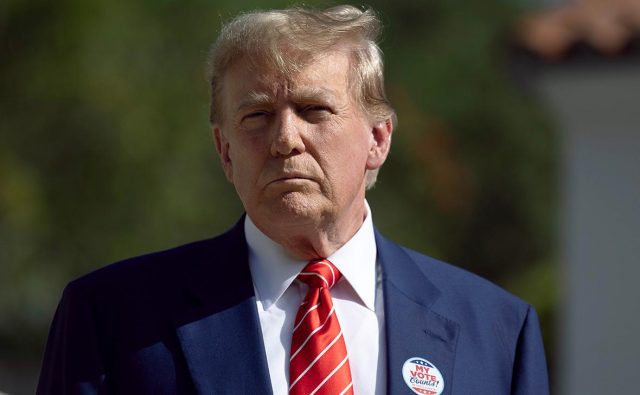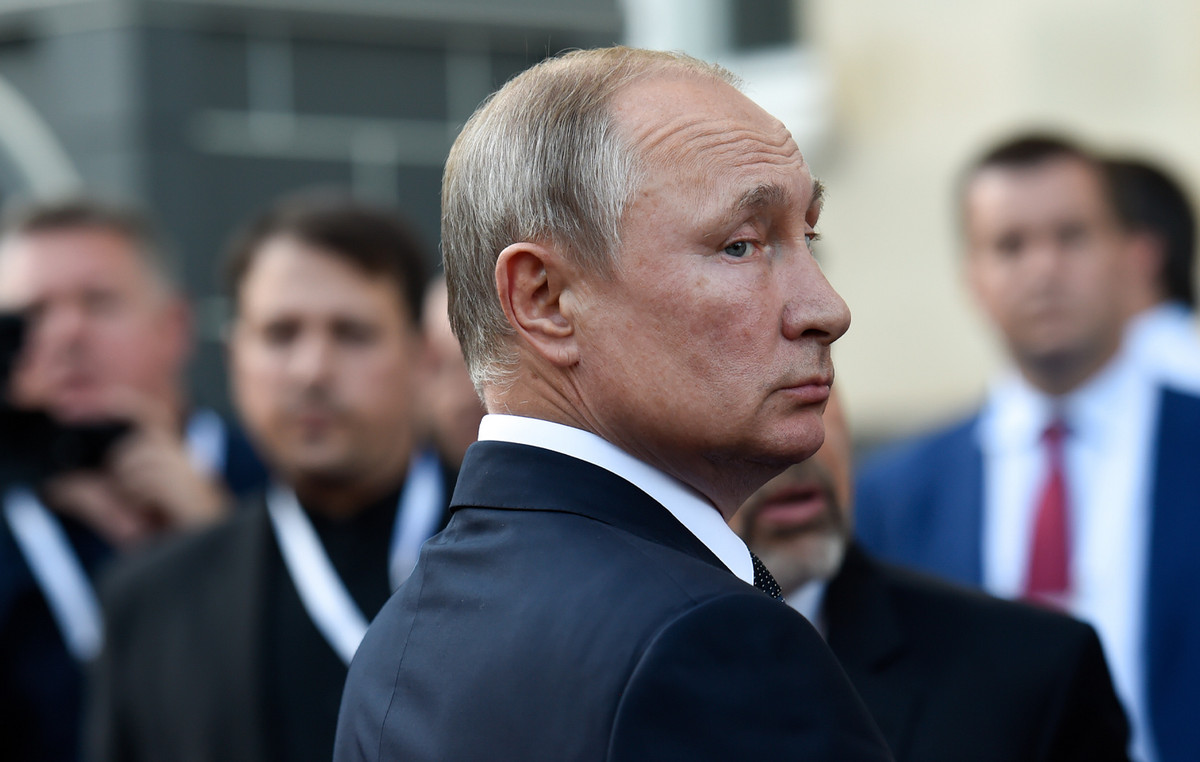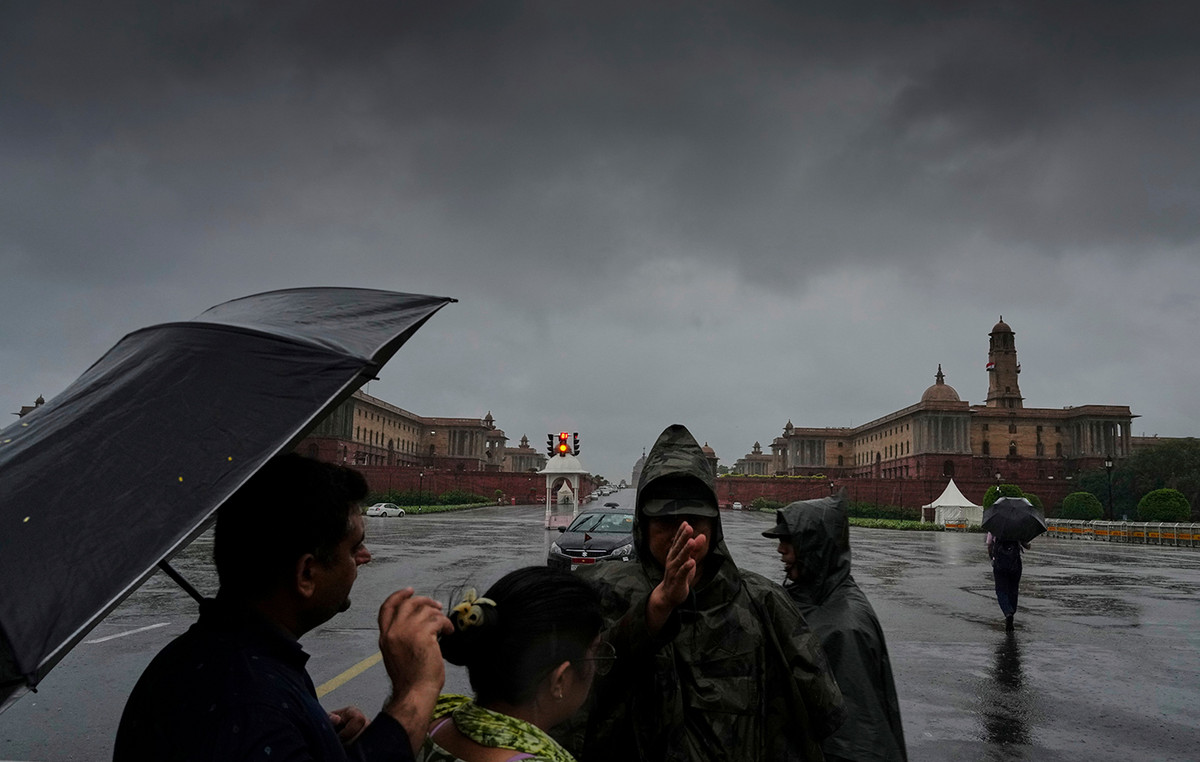It is increasingly likely that the global economy is heading for a serious slowdown, as the highest inflation in a generation prompts central banks to aggressively reverse the ultra-loose monetary policy adopted during the pandemic to support growth, data showed on Friday. (22).
Business activity in the United States, the world’s largest economy, contracted for the first time in nearly two years this month.
Activity in the euro zone declined for the first time in more than a year, and growth in the UK hit an 11-month low, surveys of purchasing managers showed on Friday.
And more dominoes are expected to fall, with the Japanese government expected to sharply cut its forecast for domestic growth.
Meanwhile, China’s strict Covid-19 lockdowns and Russia’s invasion of Ukraine further disrupted global supply chains that had yet to recover from the pandemic.
In the US, the PMI’s decline was the fourth in a row, driven by weakness in the services sector, which contracted enough to offset moderate industrial growth.
With a reading below 50 indicating that business activity has retracted, the report will fuel debate over whether the U.S. economy is back in — or close to — a recession after rebounding sharply from the slowdown in early 2020, early on. of the pandemic.
“Preliminary PMI data for July point to a worrying deterioration in the economy,” S&P chief business economist Chris Williamson said in a statement.
“Excluding the months of pandemic lockdown, production is falling at a rate not seen since 2009, amid the global financial crisis.”
In the euro zone, business activity unexpectedly contracted this month due to a sharp slowdown in manufacturing and a near-stagnation of growth in the services sector, as rising costs led consumers to reduce spending.
Eurozone companies continued to report mounting inflationary pressures and an acceleration in wage increases, even as the overall outlook for growth became increasingly murky, the European Central Bank (ECB) said on Friday, based on a survey with 71 large companies.
Inflation in the currency bloc hit 8.6% last month, official data showed, and on Thursday the ECB raised interest rates more than expected, confirming that rampant inflation concerns now outweigh fears about growth.
The Federal Reserve, which is battling the highest inflation in 40 years, is expected to deliver another sharp 75 basis point interest rate hike at its meeting next week.
The Reuters poll showed a 40% chance of a US recession next year and a 50% chance of happening within two years, a significant change from the June poll.
China and Japan continue to be exceptions in keeping monetary policy loose, a sign that their economies – the world’s second and third largest – lack the strength to compensate for weaknesses in other parts of the globe.
China slowdown
Concerns over a global slowdown are casting a shadow over Asia’s recovery prospects, with growth in manufacturing activity cooling in Japan and Australia, keeping pressure on policymakers to continue to support their economies as they tighten monetary policy to fight inflation.
China’s economic growth slowed sharply in the second quarter, hit by widespread Covid-19 lockdowns and pointing to lingering pressure in the coming months for the global landscape.
The slowdown in the world’s second-largest economy and the fallout from aggressive monetary tightening underway by central banks forced the Asian Development Bank to lower its growth forecast for the region on Thursday.
Source: CNN Brasil
I am Sophia william, author of World Stock Market. I have a degree in journalism from the University of Missouri and I have worked as a reporter for several news websites. I have a passion for writing and informing people about the latest news and events happening in the world. I strive to be accurate and unbiased in my reporting, and I hope to provide readers with valuable information that they can use to make informed decisions.







